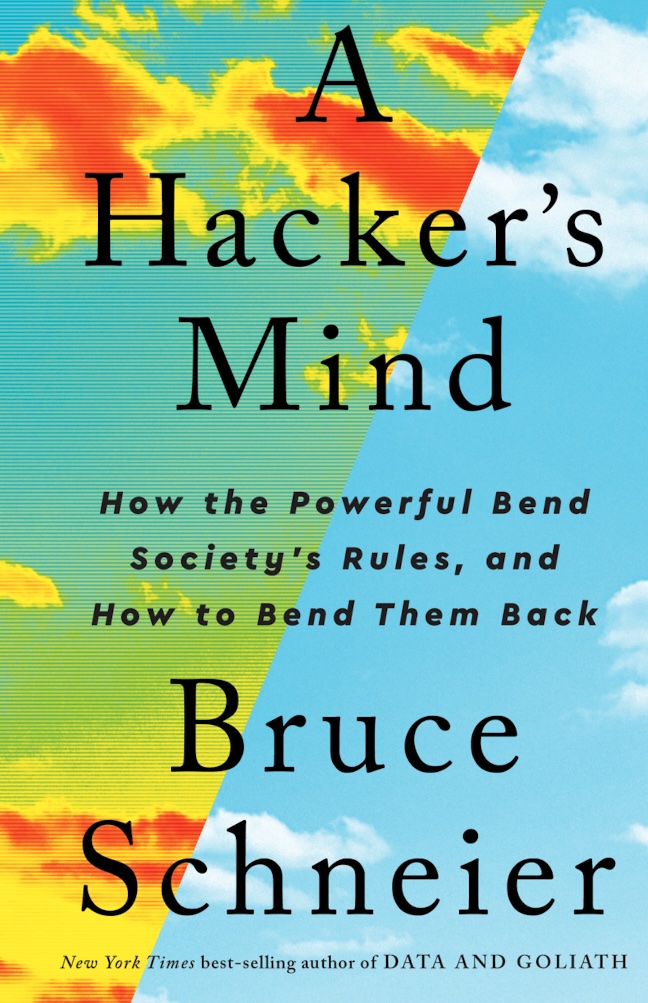Book review of A Hacker’s Mind by Bruce Schneier

Introduction
A hacker’s perspective is unique, often focusing on potential points of failure in systems rather than their operational functionality. This review examines the mentality behind hacking, highlighting its broader impact across various societal systems.
Summary
The text is structured into sections that progressively delve into different domains of hacking, from the foundational concepts to the subtleties of manipulating cognitive and AI systems, as well as financial, legal, and political structures.
Analysis with Examples
| Part | Chapter Topics | Analysis & Examples |
|---|---|---|
| PART 1: HACKING 101 | What is Hacking?, Hacking Systems | Hacking is an art of turning systems against themselves. For instance, an accountant uses a tax loophole to gain an advantage (Page 10). |
| PART 2: BASIC HACKS AND DEFENSES | ATM Hacks, Casino Hacks, Sports Hacks | Hackers often exploit systems in plain sight; for example, ATM hacks are a direct manipulation of financial systems (Page 6). |
| PART 3: HACKING FINANCIAL SYSTEMS | Hacking Banking, Hacking the Market | The market itself can be ‘hacked’ by those exploiting economic vulnerabilities, as seen in the manipulation of financial exchanges (Page 18). |
| PART 4: HACKING LEGAL SYSTEMS | Hacking Laws, Legal Loopholes | Policy around cybersecurity needs to consider the hacking mentality to prevent legal system exploitation (Page 26). |
| PART 5: HACKING POLITICAL SYSTEMS | Money in Politics, Hacking to Destruction | Political systems are hacked through funding and legislation tactics, mirroring the actions of those who “cheat” (Page 41). |
| PART 6: HACKING COGNITIVE SYSTEMS | Attention and Addiction, Trust and Authority | Cognitive hacks manipulate behavior; for instance, persuasive technology can subvert attention and addiction (Page 44). |
| PART 7: HACKING AI SYSTEMS | Hacking AI, Humanizing AI | AI systems can unintentionally perpetuate social biases, a form of hacking by the rich and powerful (Page 51). |
Overall
The highlighted insights offer a perspective that hacking is a multifaceted concept affecting numerous aspects of our daily lives, beyond just the cyber domain. It underscores the need for a hacking mentality to understand and defend against these exploitations.
Key Highlights:
- “Security technologists look at the world differently…” (Page 2)
- “That’s what a hack is: an activity that subverts the goal or intent of the system.” (Page 4)
- “The point is that if they are going to make public policy around cybersecurity, they have to think like people who cheat.” (Page 2)
- “Kids are natural hackers. They do it instinctively, because they don’t fully understand the rules and their intent.” (Page 3)
- “In my story, hacking is something that the rich and powerful do, something that reinforces existing power structures.” (Page 3)
The book captures the essence of the hacker’s mind, illustrating that hacking is not always destructive but often creative, a force that can be channeled for good or ill within any system.